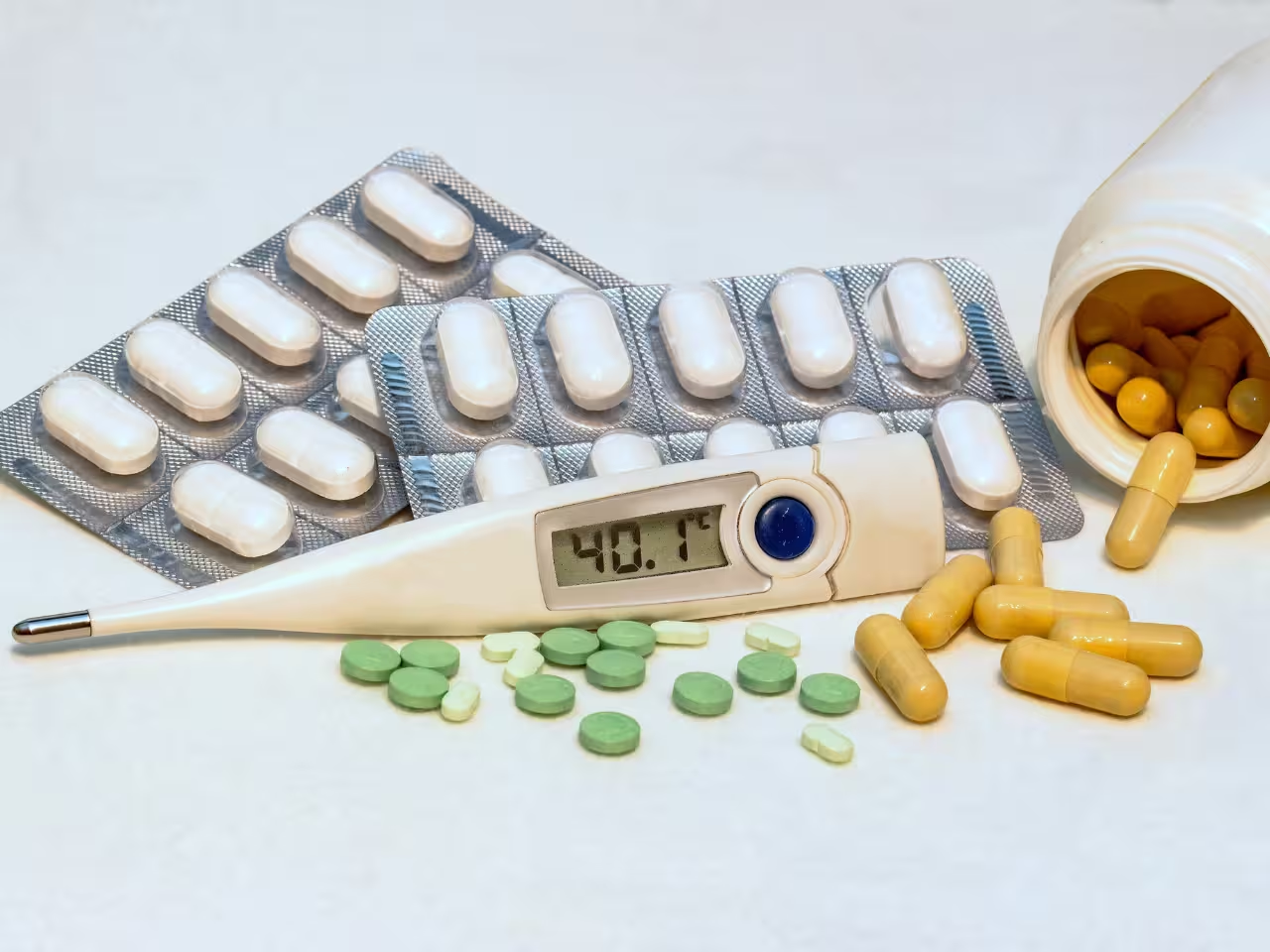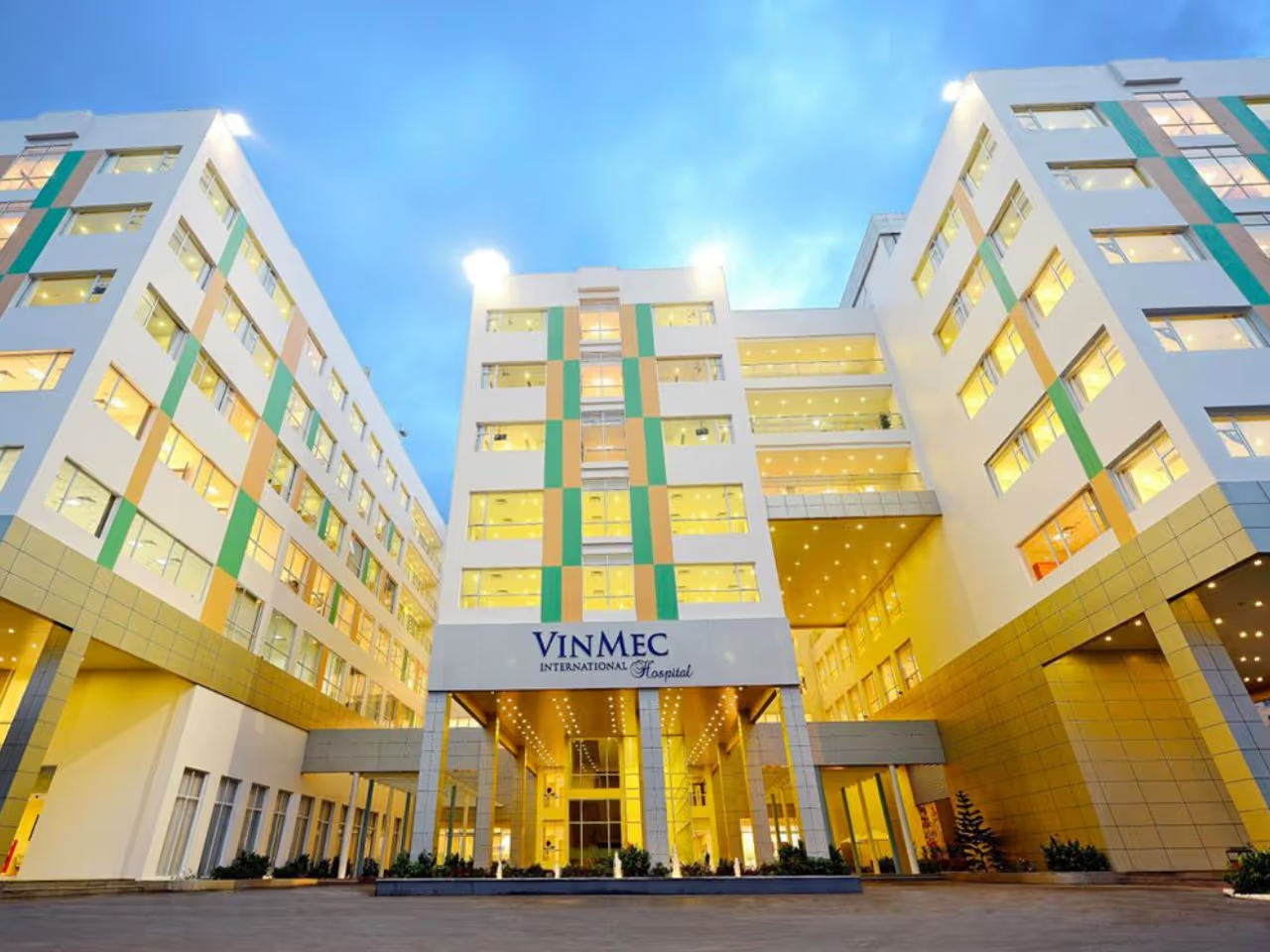
When planning a trip to Vietnam, understanding the healthcare in Vietnam becomes an essential part of your travel preparations. This guide aims to provide an in-depth overview of the country's healthcare system, common health issues faced by travelers, and vital tips to stay healthy during your visit.
Public hospitals form the backbone of Vietnam’s healthcare system, serving the majority of the population, including many local residents and some tourists in need of advanced treatment. These hospitals are funded and managed by government authorities, offering a range of medical services, from general outpatient care to specialized treatments.
Public hospitals are predominantly situated in major cities such as Hanoi, Ho Chi Minh City, Da Nang. In urban areas, these hospitals tend to be well-equipped with modern facilities, although patient volume can be high, leading to long waiting times. Traveling to a public hospital might be necessary for complex diagnoses or surgeries, especially if you have a chronic condition or require emergency care.
While some public hospitals offer high-quality services, especially in specialized fields like cardiology, neurology, or maternity care, the overall experience can vary. Language barriers may pose challenges because many staff members speak limited English. Medical documentation and communication may sometimes be difficult for foreigners unfamiliar with the Vietnamese language.
One of the advantages of public hospitals is their affordability. Treatment costs are generally lower compared to private clinics, and patients are often required to pay out-of-pocket, though some insurance plans can provide partial coverage. It’s advisable to carry proof of travel insurance that covers hospital expenses to avoid unexpected financial burdens.

>>> You may also like: Emergency Contacts In Vietnam for Travelers and Locals
Tap Water in Vietnam – What Travelers and Expats Should Know for Safe Living
Vietnam Currency: The BEST Guide for Foreign Travelers
Private hospitals represent the premium segment of Vietnam’s healthcare system, catering extensively to expatriates, tourists, and wealthier locals. They are known for better infrastructure, shorter wait times, and more personalized care, making them a popular choice among foreign visitors who seek comfort and efficiency.
In major cities like Ho Chi Minh City, Hanoi, and Da Nang, private hospitals are equipped with state-of-the-art technology, comfortable rooms, and a higher ratio of healthcare professionals fluent in English. Many private clinics also offer specialized services such as dental care, cosmetic surgery, and diagnostic imaging.
Medical staff in private hospitals are often trained internationally and employed specifically to serve the needs of foreigners. English-speaking doctors are common, which greatly facilitates diagnosis and treatment for tourists. Additionally, administrative staff typically assist with paperwork, insurance claims, and translation.
Although more expensive than public hospitals, private healthcare remains relatively affordable compared to Western countries. Many private hospitals accept international health insurance plans, so it is wise to check your provider’s network before traveling. Paying in cash is straightforward, but obtaining detailed receipts for insurance reimbursement is recommended.

Emergencies can happen anywhere, and knowing how to access emergency medical services in Vietnam is critical.
- Ambulance Service: 115
- Fire and Rescue: 114
- Police: 113
Calling 115 connects you to ambulance services, which operate across most cities but may experience delays during peak hours or in less accessible areas. It is advisable to save these numbers on your phone and have your location details ready when calling.
In cities, ambulances are generally prompt, with trained paramedics capable of stabilizing patients en route to hospitals. However, response times can vary depending on traffic conditions and the proximity of emergency stations. In rural regions, ambulance services may be limited, and alternative transportation like private taxis or personal vehicles might be necessary in urgent situations.
Pharmacies are widespread in Vietnam, especially in urban areas, and serve as accessible points for medication, health advice, and over-the-counter remedies.
- Chain Pharmacies: Larger chains like Pharmacity, Long Chau, dominate the urban scene, offering standardized products.
- Independent Pharmacies: Smaller, family-run shops are common, particularly in markets and neighborhoods, with personalized customer service.
Most pharmacies stock antibiotics, painkillers, vitamins, and basic first aid supplies without prescriptions. However, some medications, especially antibiotics or potent drugs, require a prescription, which must be obtained from a licensed doctor or hospital.
While pharmacists in chain stores often speak limited English, they usually possess sufficient knowledge to advise on minor health issues. Nevertheless, for serious concerns, consulting a healthcare professional at a hospital is recommended. Carrying a list of your allergies and current medications can help pharmacists provide appropriate advice.

>>> Read more: Vietnam SIM Card: Stay Connected Easily While Traveling in Vietnam
Getting to Hanoi: Best Travel Tips
Best Time And Weather To Visit Hanoi
Traveling to Vietnam exposes visitors to unique environmental and cultural factors that may lead to specific health issues. Awareness and preventive measures can reduce the risk of illness and ensure a smoother experience abroad.
Allergies are common worldwide and can be triggered by various environmental factors encountered during travel, including pollen, dust, insect bites, and certain foods. In Vietnam, allergy sufferers may encounter unique challenges due to different flora, fauna, and cuisine.
Vietnam’s lush landscapes mean high pollen levels during flowering seasons. Urban pollution and dust from construction sites can also exacerbate respiratory allergies. Travelers with hay fever or asthma should bring appropriate medications and avoid outdoor activities during high pollen seasons or heavy pollution days.

Vietnamese cuisine incorporates a variety of ingredients, some of which can provoke allergic reactions—fish sauces, nuts, shellfish, and herbs are common allergens. Communicating your allergies clearly in Vietnamese or with a translation card is vital, as language barriers may hinder understanding.
Insect bites, especially from mosquitoes, can cause allergic skin reactions. Additionally, mosquito bites may transmit diseases like dengue fever and Zika virus, amplifying the importance of prevention strategies.
- Carry antihistamines, nasal sprays, or inhalers if prescribed.
- Inform your travel companions about your allergies.
- Use protective clothing and repellents, especially in bug-prone areas.
- Avoid exposure to known allergens and monitor symptoms closely.
Foodborne illnesses are a significant concern for travelers in Vietnam due to differences in hygiene practices and food handling standards. Although Vietnamese cuisine is renowned for its freshness and flavor, travelers should exercise caution to prevent gastrointestinal disturbances.
Contaminated water, unpasteurized dairy, undercooked seafood, and improperly stored ingredients can lead to infections. Street food vendors, while authentic and delicious, may occasionally pose risks if hygiene standards are inconsistent.
Symptoms include nausea, diarrhea, abdominal cramps, and dehydration. Preventive measures involve choosing reputable food stalls, drinking bottled or boiled water, peeling fruits yourself, and avoiding raw or undercooked meats and seafood.
If you develop symptoms, prioritize hydration by drinking oral rehydration solutions or electrolyte drinks. Seek medical attention if symptoms persist or worsen, especially in cases of severe dehydration, blood in stool, or high fever.

Vietnam’s tropical climate means intense sunlight and high temperatures, particularly during summer months, increasing the risk of sunstroke (heatstroke). This condition results from prolonged exposure to heat, leading to a dangerous rise in core body temperature.
Early signs include heavy sweating, weakness, dizziness, headache, and nausea. As the condition worsens, symptoms escalate to confusion, rapid heartbeat, seizures, and loss of consciousness.
- Stay hydrated by drinking plenty of water throughout the day.
- Wear lightweight, light-colored, and loose-fitting clothing.
- Use broad-spectrum sunscreen with high SPF.
- Seek shade during peak sun hours (10 am to 4 pm).
- Limit strenuous activities in the heat.
If someone shows signs of sunstroke, move them to a cooler place, remove excess clothing, and cool their skin using damp cloths or fans. Hydrate with electrolyte solutions if conscious, but seek immediate medical attention for severe symptoms.
Mosquitoes are prevalent in Vietnam, especially in urban districts, rural villages, and during the rainy season. They pose a risk not only through bites but also as vectors for diseases like dengue fever, chikungunya, and Zika.

High fever, severe headaches, pain behind the eyes, joint and muscle pain, rash, and bleeding tendencies are typical. Dengue can become severe, requiring hospitalization.
- Use insect repellent containing DEET.
- Wear long-sleeved shirts and long pants, especially during dawn and dusk.
- Sleep under mosquito nets, particularly in accommodations without air-conditioning.
- Eliminate standing water around your lodging to reduce mosquito breeding sites.
There is no specific antiviral treatment for dengue; management focuses on supportive care. Seek medical attention if experiencing persistent high fever, severe abdominal pain, or bleeding.
Maintaining good health during your trip to Vietnam involves thorough preparation, vigilant habits, and timely medical consultation. Here are essential tips categorized into pre-travel, during trip, and post-trip advice to optimize your health safety.
Preparation is key to preventing many health issues associated with traveling in Vietnam.

Consult your healthcare provider at least 4-6 weeks before departure. Recommended vaccines include hepatitis A and B, typhoid, tetanus, diphtheria, and rabies. Depending on your itinerary, additional vaccines like Japanese encephalitis or cholera may be advised.
Ensure your insurance covers overseas medical treatment, evacuation, and repatriation. Carry digital and physical copies of your insurance policy, emergency contacts, and medical records.
Pack a comprehensive first aid kit, including antiseptics, pain relievers, anti-diarrheal medications, antihistamines, and any personal prescription drugs with copies of prescriptions.
Identify nearby hospitals, clinics, and pharmacies at your intended destinations. Save important contact numbers and addresses for quick reference.
Travel habits significantly influence your health experience. Implement these practices to minimize health risks.
Eat freshly cooked foods and drink bottled or boiled water. Avoid ice cubes unless made from purified water, and peel fruits yourself. Regular handwashing and sanitizing can prevent many foodborne illnesses.
Use insect repellents, sleep under mosquito nets, and wear protective clothing at dawn and dusk. Applying permethrin-treated clothing adds extra protection.
Apply sunscreen regularly, wear hats and sunglasses, and limit outdoor activities during peak sun hours to prevent sunstroke and skin damage.
Vietnam’s climate can cause dehydration and fatigue. Drink plenty of fluids, avoid excessive alcohol, and get adequate sleep to keep your immune system strong.

Re-entering your home country does not mark the end of potential health risks.
Be vigilant for signs of illness, especially if you experienced food poisoning, insect bites, or other exposures. Some diseases, like dengue, have incubation periods that can extend beyond your return.
If you develop symptoms such as fever, rash, neurological issues, or gastrointestinal distress after returning, consult healthcare professionals promptly and inform them of your travel history.
Update your immunizations if recommended, and keep track of any exposures or treatments received abroad for future reference.
Discuss your health experiences with your primary care provider to document any health issues encountered, which can be helpful for ongoing treatment or future trips.
Q: Is healthcare in Vietnam expensive for tourists? A: Public hospitals offer affordable rates, but quality and comfort may vary. Private hospitals are more costly but provide higher standards and better English support. It's essential to have travel insurance to cover potential expenses.
Q: Do I need vaccinations before visiting Vietnam? A: Yes, vaccination against hepatitis A and B, typhoid, and tetanus is recommended. Consult your healthcare provider for tailored advice based on your itinerary and health status.
Q: Can I use my international health insurance in Vietnam? A: Many private hospitals accept international insurance, but verifying coverage beforehand is recommended. Carry proof of insurance and understand the claim process.
Q: How do I find medical help in remote areas? A: Research ahead, carry a satellite phone if possible, and consider arranging medical evacuation insurance. In emergencies, local guides can assist in reaching the nearest facility.
Q: Are there pharmacies readily available? A: Yes, pharmacies are common in urban areas, offering over-the-counter medications. For prescriptions or serious issues, visiting a hospital or clinic is advisable.
Healthcare in Vietnam is increasingly reliable for travelers who plan ahead. From basic tips to knowing where to go, a little preparation ensures you stay healthy and fully enjoy your time in this vibrant country.
Staying healthy while traveling is not just about vaccines or clean food—it is also about where you stay. GM Premium Hotel in Hanoi’s Old Quarter offers everything you need to restore your energy: a Vietnamese restaurant for nourishing meals, a rooftop sky bar for fresh air and views, a gym and swimming pool to stay active, and a massage spa to ease travel stress.
👉 Book your stay at GM Premium Hotel for a wellness-friendly experience in the heart of Hanoi!


.avif)
Lorem ipsum dolor sit amet, consectetur adipiscing elit. Suspendisse varius enim in eros elementum tristique. Duis cursus, mi quis viverra ornare, eros dolor interdum nulla, ut commodo diam libero vitae erat. Aenean faucibus nibh et justo cursus id rutrum lorem imperdiet. Nunc ut sem vitae risus tristique posuere.